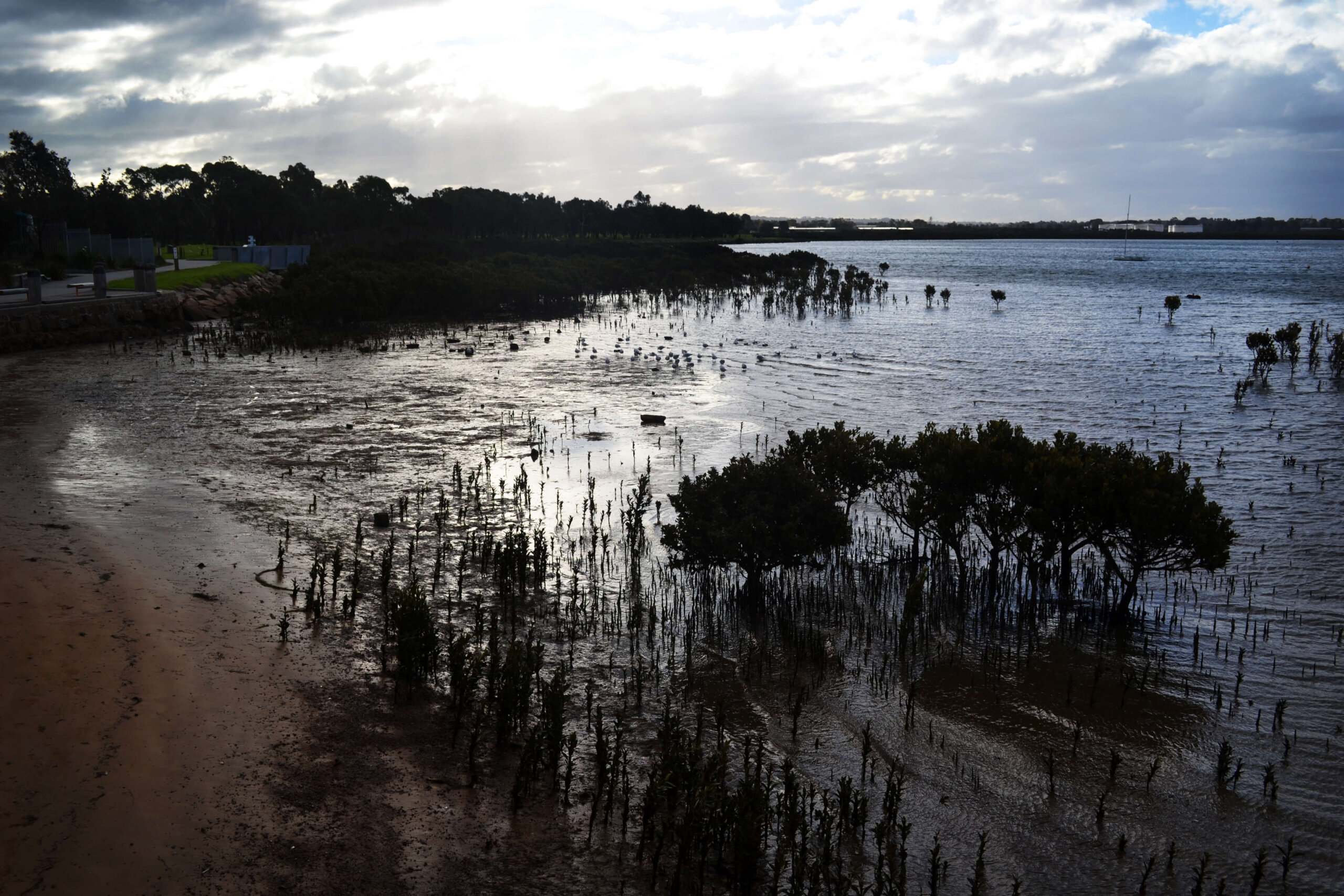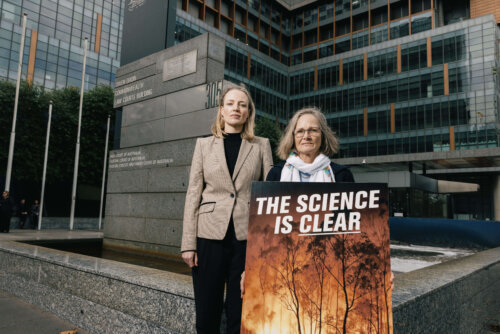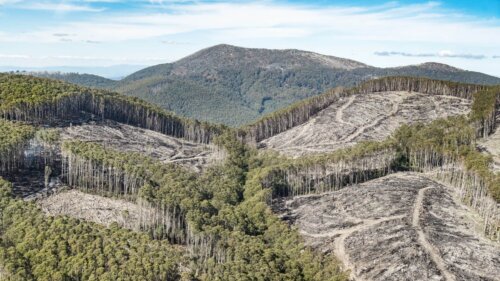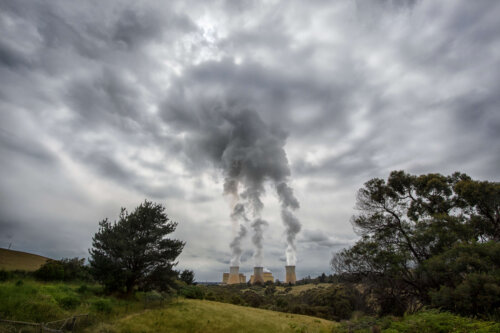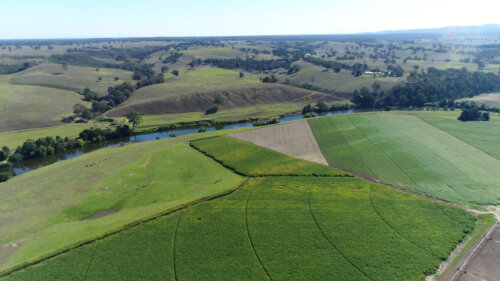Challenging AGL's plans for a gas import terminal in a Ramsar wetland
In 2017, AGL tried to build a gas import terminal at Crib Point in Westernport Bay, off the Mornington Peninsula southeast of Melbourne.
The bay is an internationally-protected wetland, home to endangered waterbirds, whales, fish and turtles.
EJA lawyers represented Environment Victoria, the Victorian National Parks Association and Save Westernport Inc at a mammoth 10-week hearing.
In a huge win for our clients and the community, in March 2021 the government rejected AGL’s gas terminal plans.
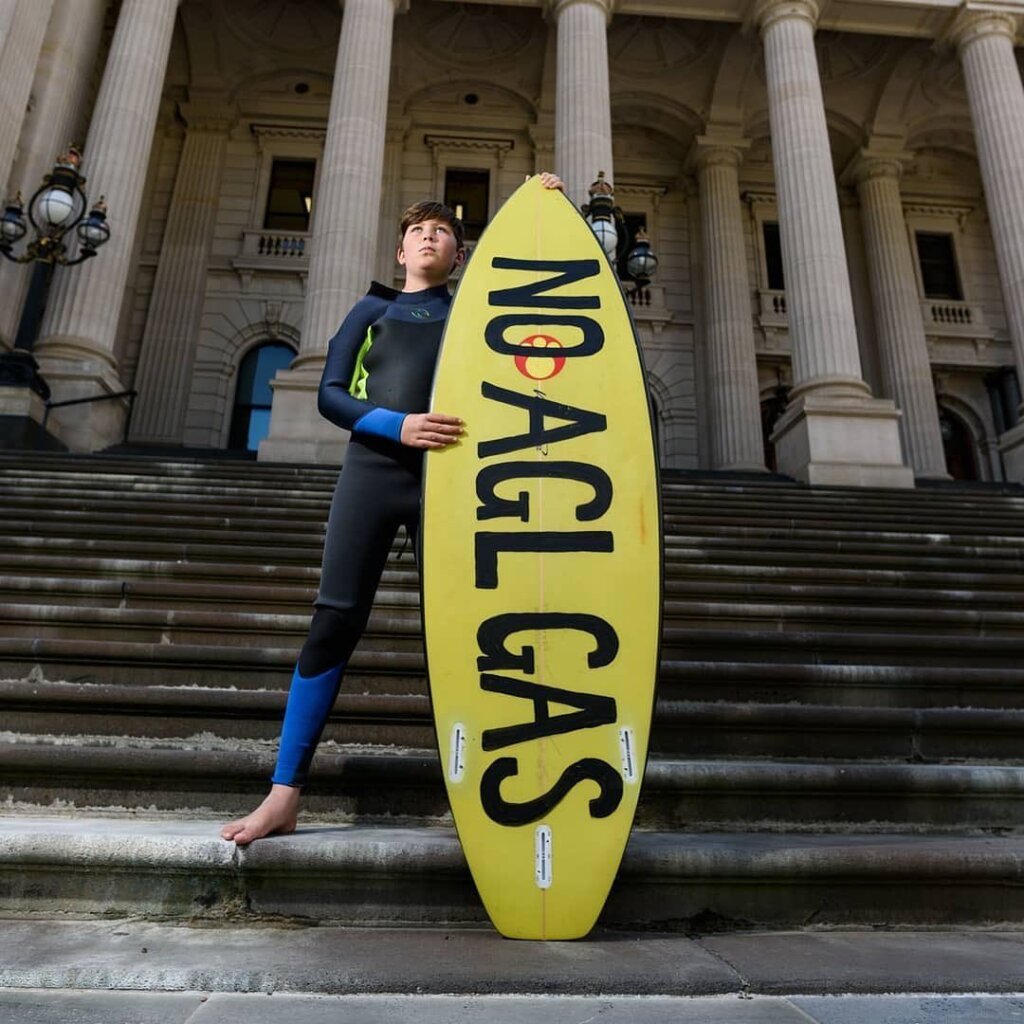
Why was this important?
In 2017, AGL proposed to build a gas import terminal at Crib Point in Westernport Bay, southeast of Melbourne.
Westernport Bay is recognised as a wetland of international importance under the Ramsar Convention. It is home to vulnerable, endangered and critically endangered whales, turtles, fish and waterbirds.
The proposal comprised of gas import jetty works to provide for the continuous mooring of a Floating Storage and Regasification Unit (FSRU). The FSRU would have received liquefied natural gas (LNG) via shipments from interstate or overseas, then convert this LNG back into gas for distribution via a new pipeline running almost 60 kilometres from Crib Point to Pakenham.
The proposed 300-metre-long floating gas terminal off the Mornington Peninsula, would have discharged up to 180 Olympic swimming pools of chlorinated water into Westernport Bay every day.
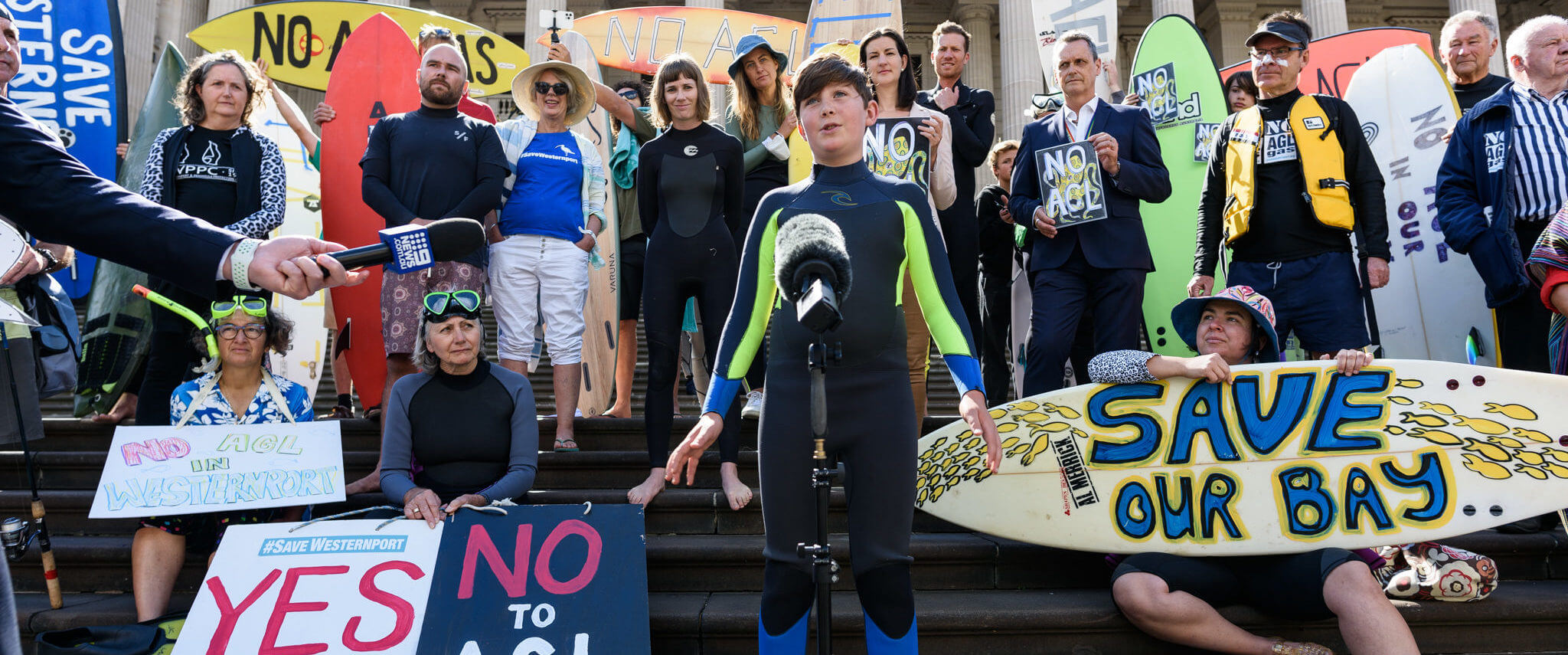
Environmental assessment
EJA acted for several environment and resident groups opposing the AGL/APA gas import terminal and pipeline project proposed to be built at Crib Point, Westernport Bay, Victoria.
Energy companies, AGL and APA, proposed a new facility for importing and regasifying liquefied natural gas (LNG) and supplying it to the gas transmission network.
The proposal comprised two main components:
- gas import jetty works at Crib Point, including the mooring of a floating storage and regasification unit (FRSU) in Westernport Bay; and
- 57 kilometres of pipeline works from Crib Point to Pakenham, involving the removal of native vegetation across a range of Ecological Vegetation Classes (EVCs).
In 2018, Environmental Justice Australia lawyers wrote to the project proponents and the Victorian Planning Minister and calling for an Environmental Effects Statement to be undertaken. This was successful and the EES was subsequently prepared.
During the public exhibition period, the community had 40 days to review more than 10,000 pages of complex technical reports to prepare their submissions.
The environmental assessment for this project generated an unprecedented number of public submissions. More than 6058 submissions were publicly available on the IAC website. The previous record for most submissions to a Victorian EES was the Mornington Safe Harbour project with 2018 submissions.
Submissions opposing the project also include submissions from federal MP Greg Hunt, several shire councils (Mornington, Bass Coast and Cardinia), recreational fishing peak bodies, tourism operators, local business owners, environment and climate groups.
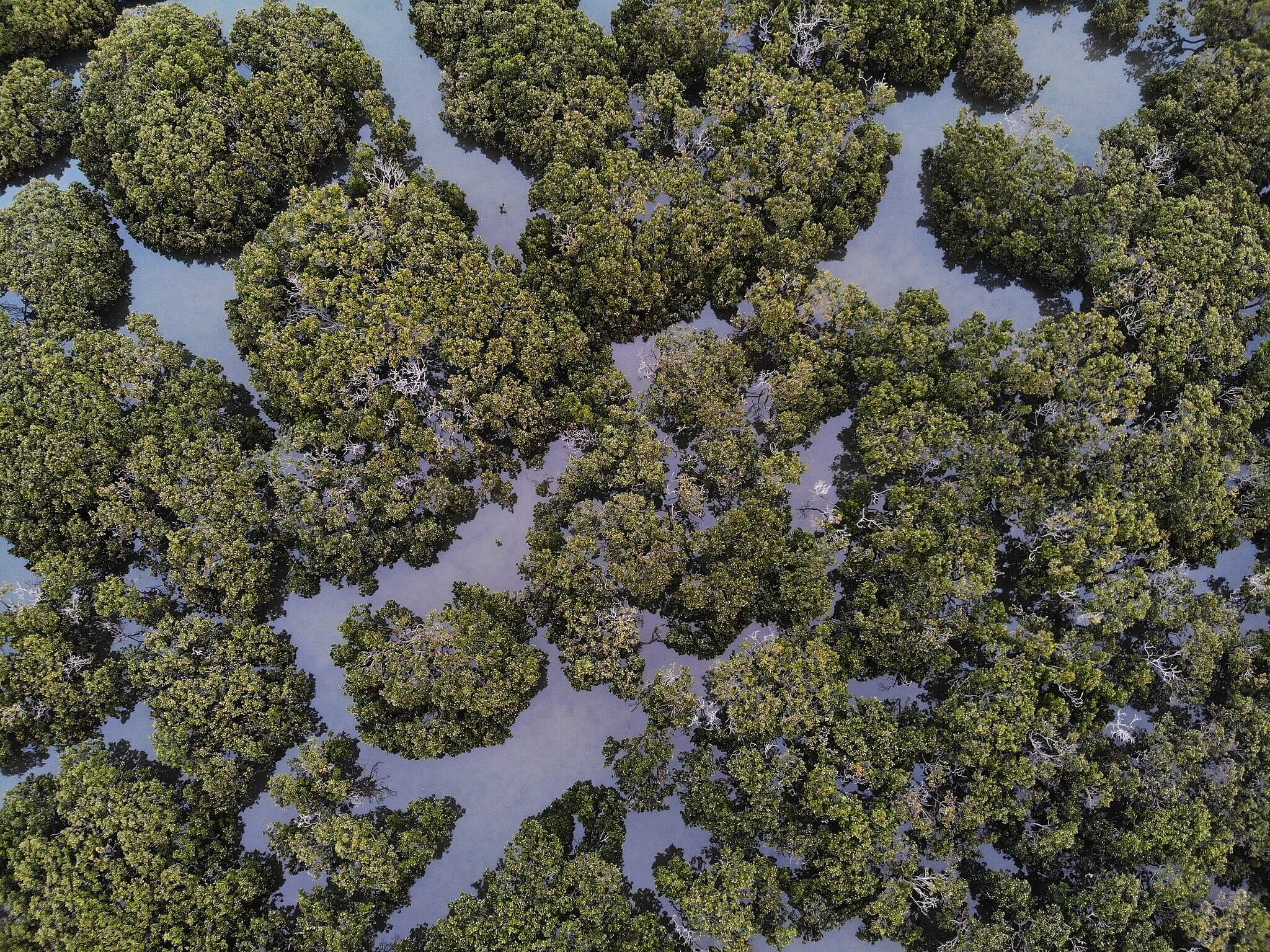
About the clients
EJA lawyers represented:
Environment Victoria, an independent charity that campaigns to solve the climate crisis and build a thriving, sustainable society that protects and values nature.
Save Westernport, an independent community group which exists to safeguard Westernport Bay’s critical habitat and encourage responsible economic activity to ensure a healthy environment for all life.
Victorian National Parks Association, a not-for-profit organisation working to protect Victoria’s unique natural environment and biodiversity through the establishment and effective management of national parks, conservation reserves and other measures.
Public hearings
EJA lawyers represented our clients Environment Victoria, Save Westernport and the Victorian National Parks Association throughout the public hearings.
Together with a team of barristers, we made submissions, cross-examined AGL and APA’s experts, and led evidence to make the case that the project was environmentally unacceptable.
At the end of the public hearings, the Inquiry and Advisory Committee produced a written report for the Victorian Planning Minister, Richard Wynne with its conclusions about the acceptability of the environment effects of the project.
On receiving the report, the Minister then made an assessment of the project's environmental effects.
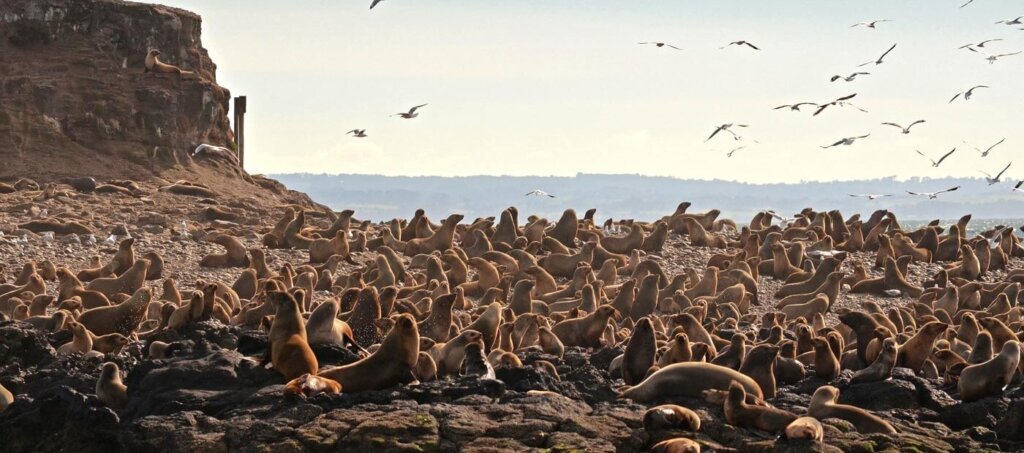
A huge win for the community
In March 2021, the Minister for Planning rejected AGL’s proposed Crib Point gas terminal, saying it would result in “unacceptable environmental effects” to the internationally significant Westernport Bay.
This was a huge win for our clients Environment Victoria, Victorian National Parks Association and Save Westernport, as well as the community, who have been campaigning to save Westernport Bay for more than three years, and of course for the precious nature and wildlife that live there.
The Minister’s assessment reflects the overwhelming and sustained opposition from a broad alliance of groups including scientists, residents, tourism and fishing businesses, and our clients.
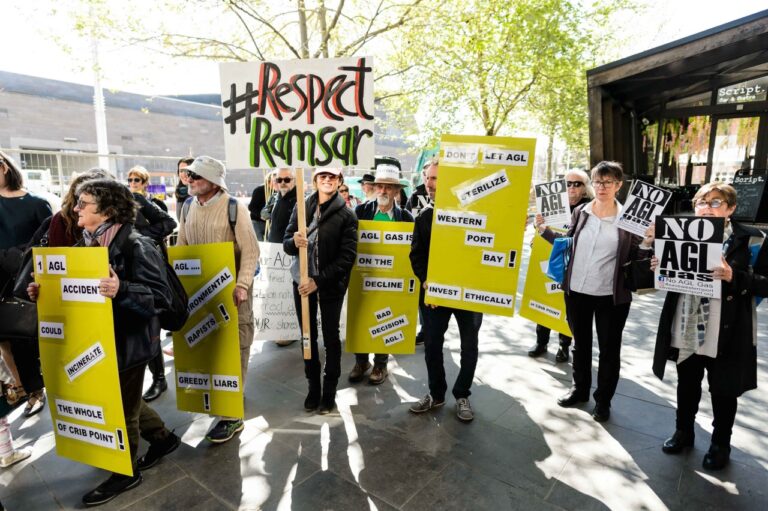
“Science and good sense has won out. The government has listened to us and to the thousands of people in our community who have worked tirelessly to save our beautiful environment from a potential catastrophe.
Westernport Bay was never the place for such a monstrous, environmentally damaging project.”
— Jane Carnegie, Save Westernport
